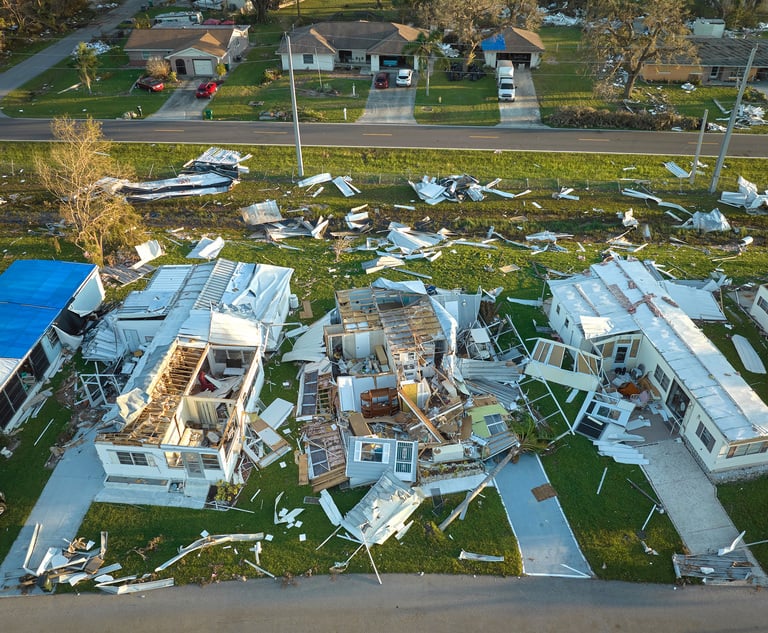In a reversal of what most scientists have been warning, theNational Oceanic and Atmospheric Administration (NOAA) recentlycompleted a study that said a warming global ocean could positivelyinfluence the winds that shear off the tops of developinghurricanes. This effect creates the possibility for fewer Atlantichurricanes to strike the U.S., which means homeowners' insurerscould soon experience fewer hurricane claims than expected.
|“We looked at U.S. land-falling hurricanes because it is themost reliable Atlantic hurricane measurement over the long term,”said Chunzai Wang, physical oceanographer and climate scientistwith the NOAA, in a release.
|Wang also noted that other factors are involved in Atlantichurricane activity besides wind shear, such as atmospherichumidity, sea level pressure, and sea surface temperature.
|According to the NOAA, observations from 1854 to 2006 show awarming of sea surface temperatures occurring almost everywhereover the global ocean, with large warming in tropical regions ofthe Pacific, Atlantic, and Indian oceans. The study showed thatwarmer waters in the tropical Pacific, Indian, and North Atlanticoceans produce opposite effects upon vertical wind shear. Overall,warming in the Pacific and Indian oceans is of greater impact andproduces increased levels of vertical wind shear, which suppressesAtlantic hurricane activity.
|The hurricane seasons of 2006 and 2007 both failed to producethe high number of storms that most experts and meteorologistsexpected, bolstering the NOAA's study. With the start of the 2008hurricane season just a few months away, it remains to be seen ifthe trend will continue.
Want to continue reading?
Become a Free PropertyCasualty360 Digital Reader
Your access to unlimited PropertyCasualty360 content isn’t changing.
Once you are an ALM digital member, you’ll receive:
- All PropertyCasualty360.com news coverage, best practices, and in-depth analysis.
- Educational webcasts, resources from industry leaders, and informative newsletters.
- Other award-winning websites including BenefitsPRO.com and ThinkAdvisor.com.
Already have an account? Sign In
© 2024 ALM Global, LLC, All Rights Reserved. Request academic re-use from www.copyright.com. All other uses, submit a request to [email protected]. For more information visit Asset & Logo Licensing.








